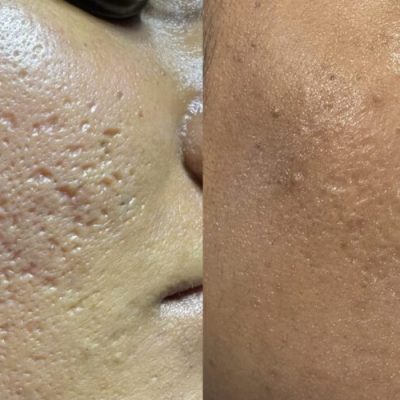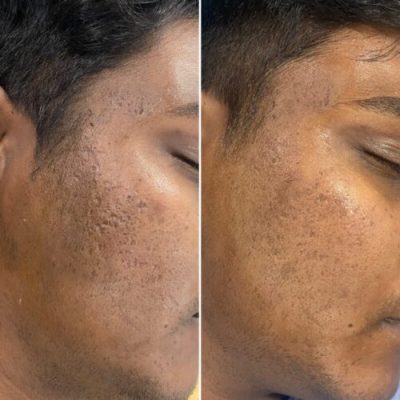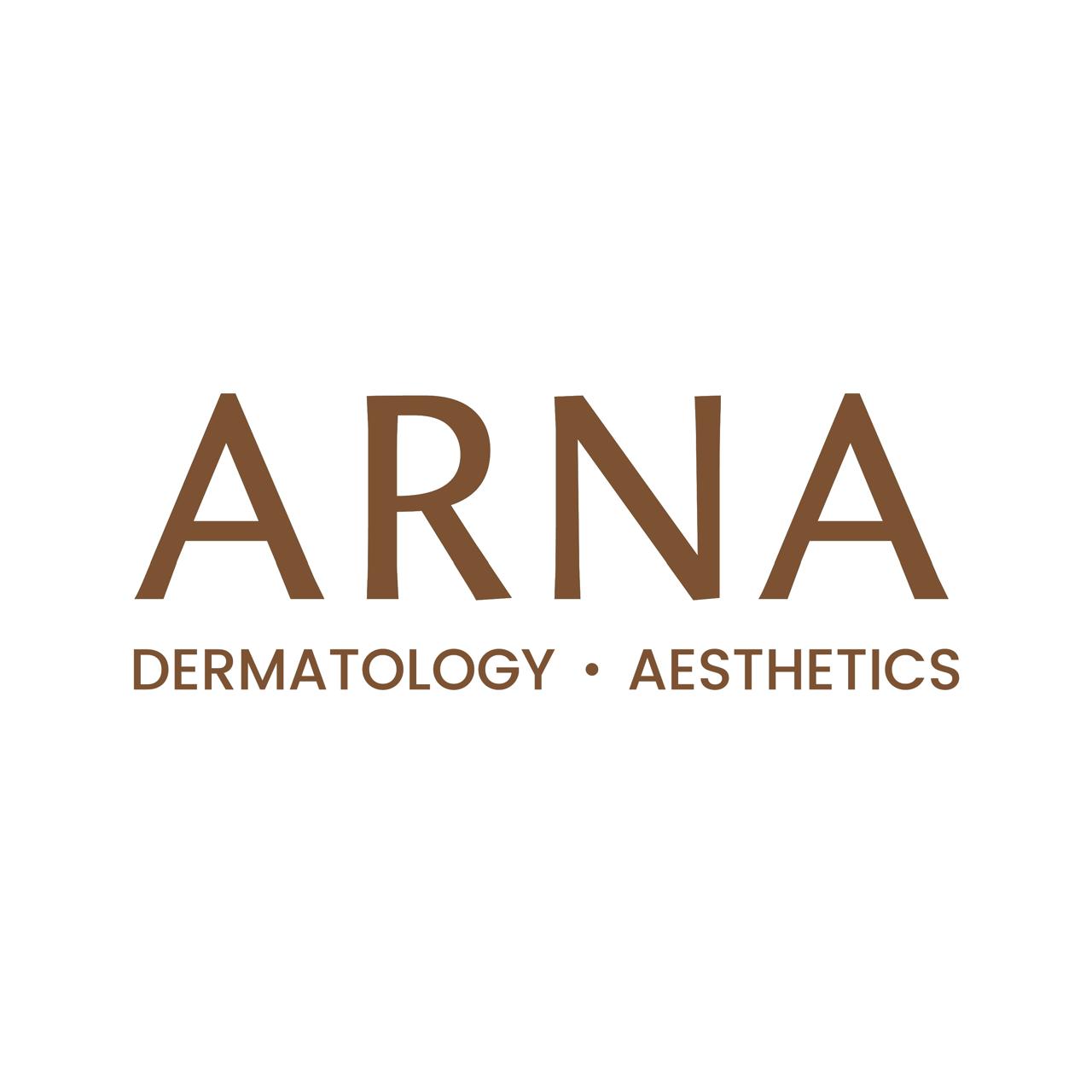Acne Scars: Types, Causes and Treatment Options
Acne is a common skin condition that can sometimes leave behind scars that persist long after active breakouts have resolved. Acne scars can affect confidence and skin texture, and they often require tailored treatment depending on their severity and type.
What Are Acne Scars?
Acne scars are the result of inflammation in the skin caused by acne scars. When the skin tries to heal itself after a breakout, it can either produce too much or too little collagen, leading to raised or depressed scars. Not all acne leads to scarring, but in severe or untreated cases, the skin may be left with permanent marks.
Types of Acne Scars
Acne scars are typically classified into three major types:
- Boxcar Scars – Broad, rectangular depressions with defined edges that may hang inwards making them very stubborn to treatment
- Rolling Scars – Soft, wave-like depressions that give the skin a wavy appearance.
- Ice Pick Scars – Deep, narrow, and pitted scars that penetrate into the skin. The surface is broad and the base of the scar is narrow. These are cone-like scars.
Boxcar and ice pick scars are generally considered more severe and fall under Grade 4 scarring. Rolling scars, depending on their depth, usually fall under Grade 1 and 2. Grade 3 scarring is often a combination of rolling scars with fewer boxcar and ice pick scars.
How and When Do Acne Scars Form?


Scars form when there is damage to the dermal layer of the skin. This damage may occur from cystic acne, repeated picking of pimples, or poorly managed breakouts. The healing process may result in either collagen loss (causing atrophic or pitted scars) or excessive collagen production (causing hypertrophic or raised scars) and sometimes even keloids.
Treatment for acne scars can begin once active acne is completely under control. At Arna Dermatology, we ensure that no active lesions are present before starting scar management. Acne scar treatment can begin as early as 18 years, once hormonal fluctuations are relatively stable. This may vary depending on the patient’s skin condition and scar severity.
Treatment Options for Acne Scars
Scar treatments are customized based on the type and grade of scarring. At Arna Dermatology & Aesthetics, we use a combination of advanced technologies and supportive treatments to deliver optimal results. Each treatment plan is carefully designed to suit individual skin needs and goals.
The most common treatment options include:
Each treatment works differently and is suited for different skin types, scar grades, and age groups. Fillers or boosters are done once in 18 months and 6 months (respectively for maintenance of the results. All the other treatments are usually spaced 6 weeks apart and most patients require 4 to 6 sessions, depending on the skin’s healing capacity and collagen production.
We often combine 2 or more types of treatments in one session to maximize the results and to save time for our patients who live over seas and stay here only for a month or two.
We also complement procedural treatments with oral medications, tailored to the individual’s age, gender, hormonal profile, and reproductive considerations. In every session, we reassess skin response and offer personalized advice to enhance healing and ensure the best results.
FAQ
At Arna Dermatology, we offer a wide range of acne treatments including topical and oral medications, chemical peels, laser therapy, microneedling with PRP, and advanced treatments like fractional CO2 laser and subcision, depending on the severity and type of acne or acne scars.
Our dermatologists perform a personalized skin analysis during your consultation to determine the type of acne and recommend a customized treatment plan tailored to your skin condition, lifestyle, and goals.
The number of sessions depends on the treatment chosen and the severity of your acne or scars. On average, patients start noticing improvements after 3-4 sessions, but optimal results may require 6-8 sessions.
Yes, our dermatologists often use combination treatments to address both active acne and scarring simultaneously for faster and more effective results.
Absolutely. Our team provides a detailed post-treatment skincare plan to help maintain results and avoid any complications. This may include specific cleansers, moisturizers, and sun protection.
Costs vary depending on the type of treatment and the number of sessions required. We offer transparent pricing during the consultation, and treatment packages may also be available.
Schedule Your Consultation Today
📞 Call us or 📩 book online now. Your dream body is just a consultation away.
